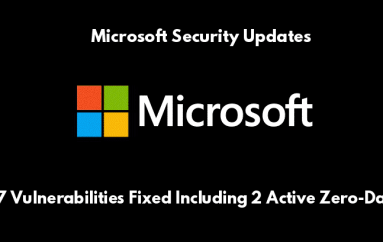
Multiple Vulnerabilities Affected Lenovo’s Server Infrastructure that Allows Hackers to Execute Malicious Code
Researchers discovered several vulnerabilities that affected Lenovo servers/application infrastructure that could have exploited the systems integrity, availability, and confidentiality.
Lenovo Group, one of the multinational technology company, sells personal computers, tablets, smartphones, workstations, servers, electronic storage devices.
Totally nine vulnerabilities were identified, in which, two vulnerabilities are categorized under High severity, and seven vulnerabilities are fixed under medium severity.
According to Swascan, In line with the spirit and objectives of Swascan, this press release is not intended to discuss or dissect the identified vulnerabilities. The purpose of this article, however, is to shift the focus on the importance of real collaboration between vendors and CyberSecurity companies.
CWE – 78
This vulnerability allows attackers to execute the malicious command directly on the operating system. It exploits the Lenovo applications which don’t have direct access for attackers and also attacker-controlled commands may run with special system privileges.
CWE – 119:
A high severity vulnerability that resides in the memory buffer let attackers perform read or write operations to be performed on memory locations that may be associated with other variables, data structures, or internal program data.
CWE-416:
In result, attackers execute an arbitrary code and read the sensitive information stored in the system and also leads to system crash.
This vulnerability allows function pointers is overwritten with an address to valid shellcode. Attackers taking advantage of this flaw and execute arbitrary code.
CWE-20:
The vulnerability resides in one of the Lenovo application let software improperly validate the input. Attacker taking advantage of this flaw and altered control flow, arbitrary control of a resource, or arbitrary code execution.
Swascan neither disclosed any details about the affected application nor depth information about the Lenovo infrastructure. All the Vulnerabilities are evaluated by the Lenovo security Team and fixed it.
This post Multiple Vulnerabilities Affected Lenovo’s Server Infrastructure that Allows Hackers to Execute Malicious Code originally appeared on GB Hackers.






